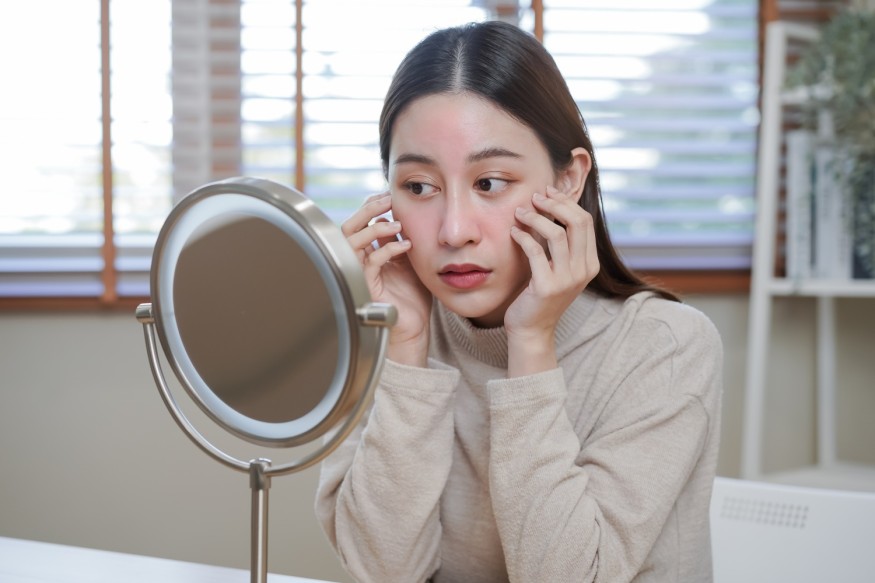
Ensuring the health of our skin is more than just a matter of vanity; it's a fundamental aspect of overall well-being.
At the forefront of this defense system lies the skin barrier -- a complex network of cells and lipids working tirelessly to shield us from environmental harm and maintain hydration levels, according to Healthline.
When this barrier becomes compromised, it can manifest in various ways, signaling that our skin's frontline defense needs attention.
Paying attention to these signs can help us identify when our skin barrier is compromised and take steps to restore its health.
1. Dry, itchy skin
Dry, itchy skin is often the first red flag, indicating that something is amiss with our skin barrier, as per WebMD. The discomfort arises from a lack of moisture retention, leaving the skin feeling parched and irritated.
2. Stinging or tightness when applying skincare products
Another telltale sign of a compromised skin barrier is the sensation of stinging or tightness upon application of skincare products, Cleveland Clinic noted.
Normally, these products should nourish and protect the skin, but when the barrier is damaged, they can exacerbate the problem and may cause discomfort and sensitivity, especially harsh ones.
3. Acne breakouts
Acne breakouts may also indicate an impaired skin barrier. When the barrier is compromised, it becomes easier for acne-causing bacteria to penetrate deeper layers of the skin, leading to inflammation and eruptions, according to Dr. Storm.
4. Hyperpigmentation or dark spots
Hyperpigmentation or dark spots can develop as a result of prolonged damage to the skin barrier, according to Sublime Life. Without its protective shield, the skin becomes more susceptible to UV damage and inflammation, triggering an overproduction of melanin and the formation of pigmented patches.
5. Flaky skin or peeling
Flaky skin or peeling is another common symptom of a compromised skin barrier.
When the skin barrier is damaged, it loses its capacity to retain moisture, leading to flakiness in the skin, as per Skin by Dr. Sethi.
6. Rough or uneven texture
Finally, the skin may develop a rough texture, losing its smoothness and suppleness. This is, again, a result of the weakened barrier's inability to retain moisture and maintain proper cellular function.
